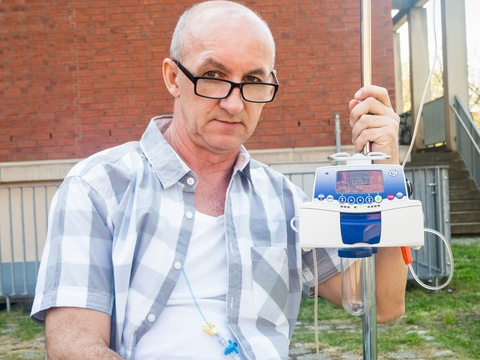Treatment Protocol of an 8-Year Survivor of Mesothelioma
A new article in Scholars Journal of Medical Case Reports outlines the treatment protocol of an 8-year survivor of mesothelioma. Malignant pleural mesothelioma is difficult to treat. This aggressive cancer is caused by asbestos exposure and is resistant to most standard cancer therapies, including radiotherapy. Many people diagnosed with mesothelioma die within a few months to a year. Paul Kraus is considered the longest documented survivor of mesothelioma in the world. He was diagnosed in 1997 and was given little hope of survival. Not willing to give up, he worked with a team of doctors to create his own tailored treatment protocol. This protocol included dramatic lifestyle changes, experimental therapies, dietary changes, mind-body medicine, and other modalities. Paul was fortunate….









